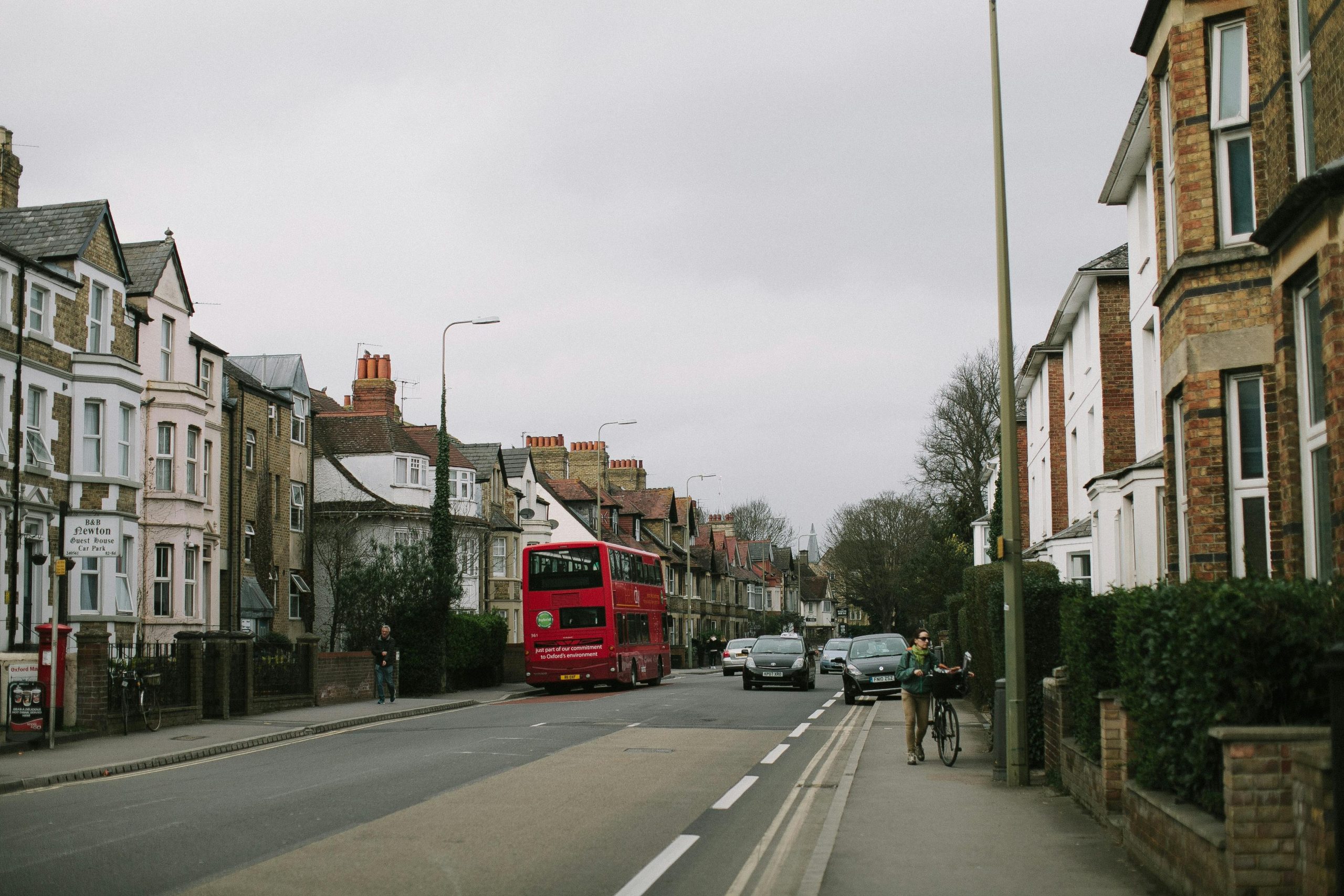If you’re a homeowner and you work in the Armed Forces, there may come a time when you have to rent out your home. Perhaps you bought a property in your local area but soon you’re going to be posted elsewhere. Or, you’ve bought a place you’re intending to live in at some point in the future, and you need to rent it out in the meantime.
Whatever your reasons, as soon as you rent out a property, you become a landlord. In doing so, you take on certain responsibilities. So, we’ve written this article to help you understand your obligations, both in terms of your mortgage and towards your tenants.
Contact your mortgage lender and ask about consent to let
If you have a residential mortgage on your property and you decide to rent the property out, you need to let the lender know of your intentions. You may be required to switch from a residential to a Buy-To-Let mortgage – although there’s no guarantee your lender even offers this kind of mortgage. The interest rates on Buy-To-Let mortgages may differ to residential mortgages, plus some lenders may charge you a fee for switching the mortgage. The good news is, often allowances are made for armed forces personnel. You can apply for a special type of ‘consent to let’, which gives you permission to rent out your property without having to change the kind of mortgage you have.
The first step is to get in touch with your mortgage lender and let them know that you intend to let your property. Failing to do so could be a breach of your mortgage conditions.
Four things to consider before renting out your home
As a landlord you have certain obligations that you need to fulfil. Here are four things to consider before handing the keys to your first tenant.
- Sort out an Energy Performance Certificate
An EPC basically lets a potential tenant know how energy efficient your property is. You’ll need to arrange for an accredited assessor to come and assess your property and issue a certificate for your property.
- Sign a tenancy agreement and protect your tenants’ deposit if you take one
A tenancy agreement is the contract you have with your tenants. It puts down in writing things like how long the tenants can stay and how much the rent will be. If you take a deposit as security against damage or non-payment of rent, you’ll need to place it in a government-approved tenancy deposit protection scheme – a lettings agent can help with this.
- Taking out landlords insurance
While buildings insurance is compulsory when you take out a mortgage, it’s worth considering having extra cover in place. Landlords insurance is specifically designed for owners who rent out their property. Different policies offer different levels of cover. For example, if your property is being rented out unfurnished, you’re unlikely to need contents cover. You can also get policies which will cover rent and eviction costs if the tenant fails to pay.
- Get the gas and electric safety checked
You need to get a Gas-Safe-registered engineer in to perform a gas safety check and provide a safety certificate. The same goes for the electrics, too. Make sure any appliances in the home are tested by a professional. You also must provide a working smoke alarm.
Remember your tenants will need an emergency contact
As soon as you rent out your property, you become a landlord. So, if you get posted to a completely different part of the country, your tenants will need someone they can contact in an emergency. A lot of people choose a relative or friend, but you could also consider a letting agent who can look after the property and collect the rent on your behalf. Fees for agents can range from below 10% of the rent to above 20%, depending on the service, shop around to get the best deal for you.
Moving back into the property you’ve rented out
When your posting comes to an end, or you decide to leave the armed forces, and you want to move back into the property you’ve been renting out, there are certain things you have to do.
Always speak to your mortgage lender first, to make sure you’re not in breach of your mortgage terms by moving back in. Some lenders charge you for switching your mortgage from a buy-to-let back to a residential mortgage.
Of course, if you have tenants living in the property, you will have to serve them notice of your intention to terminate their tenancy. How much notice you have to give will depend on the tenancy agreement you have in place. You will also need to give back any deposit within the correct time period too – less any deductions you need to make. One of the advantages of having a letting agent is that they will pretty much take care of all this for you – but at a cost.

